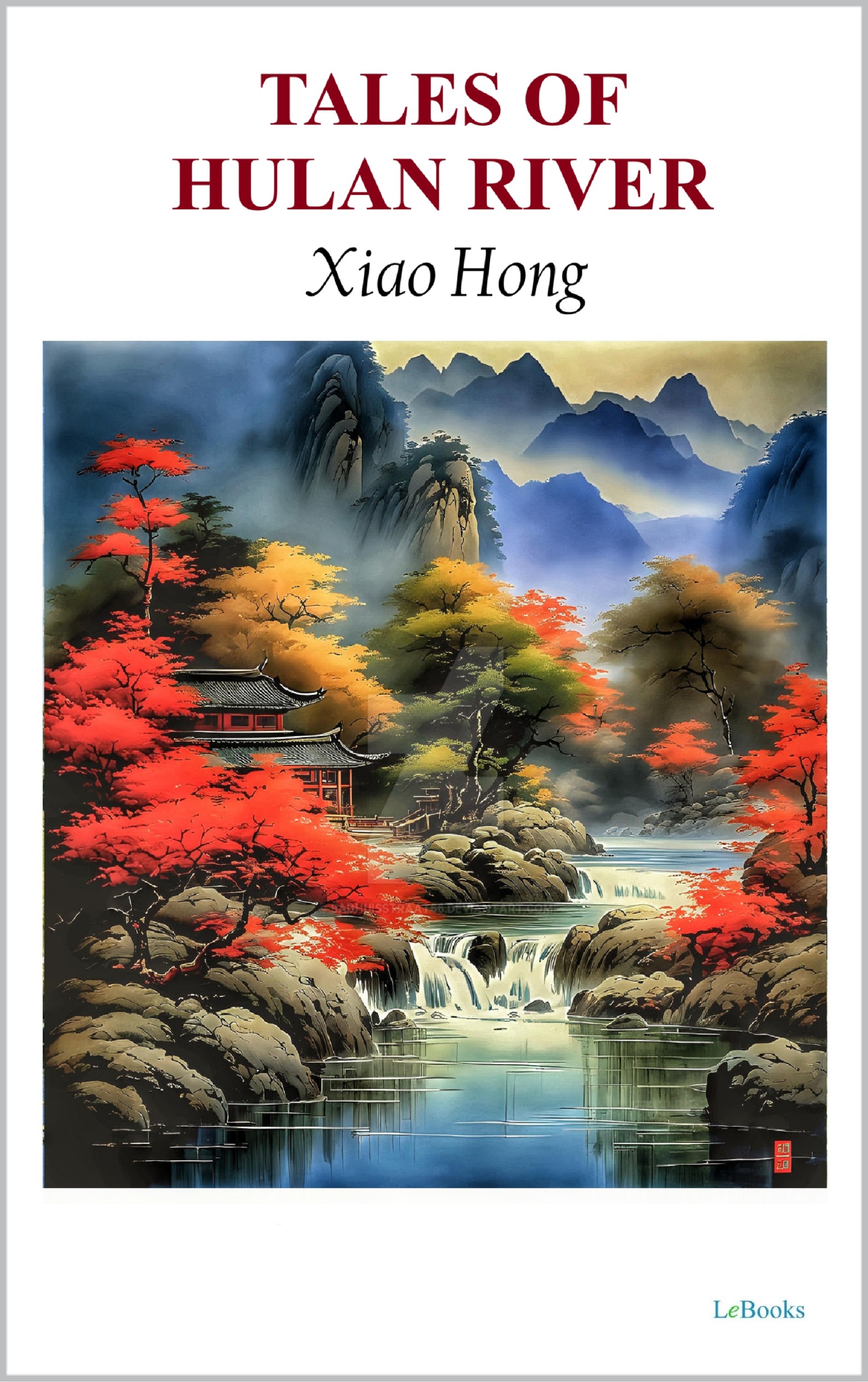
Tales of Hulan River by Xiao Hong is a poignant and lyrical depiction of rural life in early 20th-century China. Blending autobiography with fiction, the novel offers a deeply personal yet detached exploration of a small town on the banks of the Hulan River, as seen through the eyes of a young girl. Rather than following a conventional plot, the narrative presents a series of vivid sketches that capture the daily struggles, traditions, and harsh realities of peasant life.
Since its publication, Tales of Hulan River has been celebrated for its evocative prose and its stark yet poetic realism. Xiao Hong's keen observations and melancholic tone highlight themes of poverty, superstition, and societal oppression, making the novel a significant work in modern Chinese literature. Her ability to intertwine nostalgia with criticism creates a compelling portrait of a fading world.
The novel's enduring relevance lies in its ability to illuminate the human condition through intimate, atmospheric storytelling. The Tales of Hulan River remains a profound reflection on memory, suffering, and resilience, offering readers an unfiltered glimpse into a rapidly changing China and the lives of those often overlooked in history.